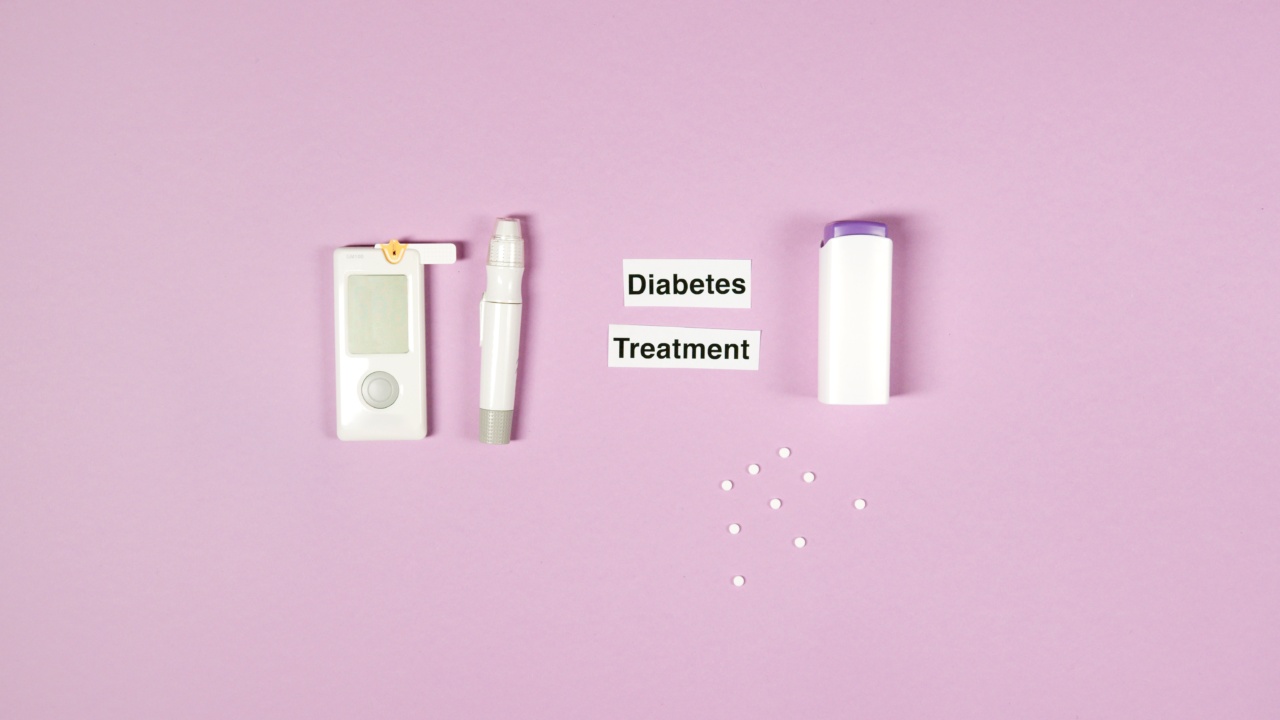Depression is a widespread mental health disorder affecting millions of people around the world. It is characterized by persistent feelings of sadness, hopelessness, and loss of interest in activities.
While medication and therapy are commonly recommended treatments for depression, recent research suggests that food can also play a crucial role in alleviating depressive symptoms. In a groundbreaking worldwide study involving 280 million people, researchers explored the relationship between diet and depression, uncovering compelling evidence of the positive impact of food on mental health.
Linking Diet and Depression
For years, researchers have recognized the connection between diet and physical health, but the correlation between food and mental well-being has been less explored.
However, recent studies have shown that certain nutrients can directly impact brain function and neurotransmitter production, thereby influencing mood and emotions. This understanding has led scientists to investigate how dietary choices might affect depression.
The Global Study
In order to comprehensively analyze the relationship between food and depression, a team of researchers conducted a large-scale study involving 280 million individuals from various countries.
The participants’ dietary habits were assessed using validated questionnaires, and their mental health status was evaluated using diagnostic tools. The findings of this study shed light on the potential of food as a natural antidepressant.
Omega-3 Fatty Acids: The Mood Boosters
One of the significant findings from the study was the positive effect of omega-3 fatty acids on depression. Omega-3s are a type of polyunsaturated fat found in fatty fish like salmon, mackerel, and sardines, as well as in chia seeds and flaxseeds.
These fatty acids are essential for brain health and have anti-inflammatory properties. The study demonstrated that individuals who consumed a diet rich in omega-3s had a lower risk of developing depression.
Additionally, those already diagnosed with depression experienced a reduction in symptoms when they increased their intake of omega-3 fatty acids.
The Gut-Brain Connection
Another intriguing finding of the study was the influence of the gut microbiome on depression. The gut microbiome refers to the trillions of bacteria residing in the digestive system.
Emerging research suggests that the health of the gut microbiome can impact mental health. Foods like yogurt, kefir, sauerkraut, and other fermented products contain probiotics that promote a healthy gut microbiome.
The study discovered that individuals who regularly consumed probiotics had a decreased risk of depression and reported fewer depressive symptoms.
Vitamins and Minerals: Key Players in Mental Health
The worldwide research also highlighted the role of certain vitamins and minerals in alleviating depression. Vitamin D, known as the “sunshine vitamin,” has been linked to mood regulation.
It is synthesized by the body when the skin is exposed to the sun. However, many individuals worldwide have insufficient levels of vitamin D due to limited sun exposure, particularly in regions with long winters. The study revealed that individuals with higher vitamin D levels had a lower risk of depression.
Similarly, researchers found that low levels of vitamin B12 were associated with an increased risk of depressive symptoms.
Vitamin B12, found in animal products such as meat, eggs, and dairy, is involved in the production of neurotransmitters like serotonin, which regulates mood. The study emphasized the importance of ensuring adequate intake of vitamin B12 to support mental well-being.
Antioxidants: Nature’s Mood Elevators
The study also investigated the impact of antioxidants on depression. Antioxidants are compounds found in fruits, vegetables, and other plant-based foods.
They help neutralize harmful free radicals in the body, which can contribute to inflammation and oxidative stress. The research discovered that individuals who consumed a diet rich in antioxidants had a lower risk of depression and experienced milder depressive symptoms.
Foods such as berries, leafy greens, nuts, and dark chocolate are particularly rich in antioxidants and can contribute to improved mental health.
The Mediterranean Diet: A Depression-Fighting Ally
Overall, the study strongly supported the benefits of the Mediterranean diet in alleviating depression.
The Mediterranean diet is characterized by high consumption of fruits, vegetables, whole grains, legumes, nuts, fish, and olive oil while limiting processed foods, red meat, and sugar. The research highlighted that individuals adhering to this dietary pattern had a significantly reduced risk of depression and reported better mental well-being.
The abundance of omega-3 fatty acids, antioxidants, and other key nutrients in the Mediterranean diet is believed to contribute to its positive effects on mental health.
Conclusion
Depression is a complex mental health condition with multifactorial causes, but recent research suggests that food can play a significant role in its alleviation.
The worldwide study involving 280 million people emphasized the positive impact of certain nutrients, such as omega-3 fatty acids, probiotics, vitamins, minerals, and antioxidants, on mental health. Furthermore, the Mediterranean diet emerged as a powerful ally in combating depression.
While food alone cannot replace traditional treatments for depression, incorporating these dietary recommendations may be a complementary approach to enhance mental well-being.





























